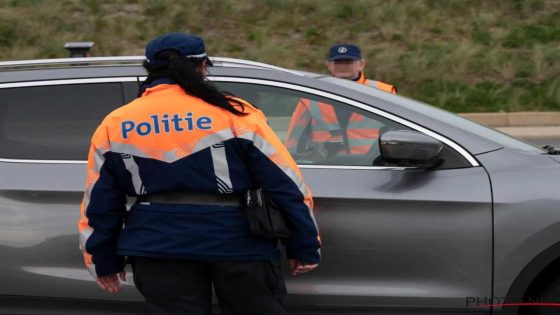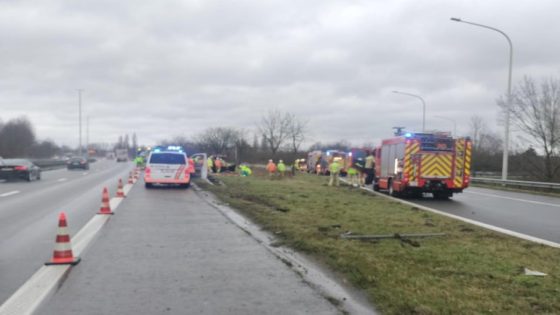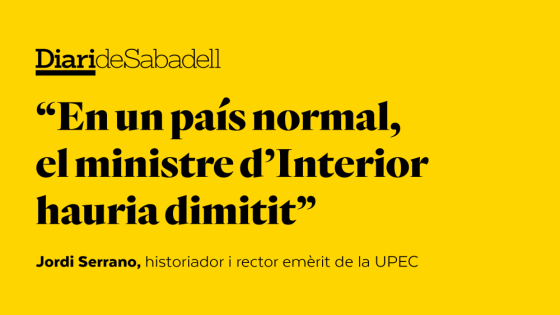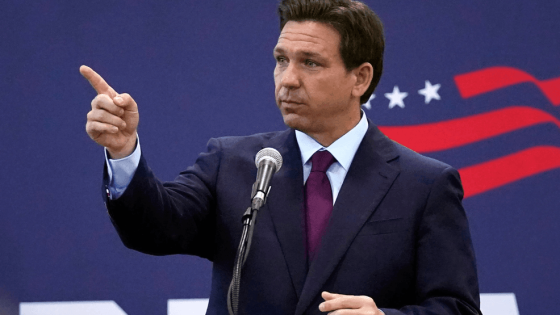On January 24, 2025, a significant change in Belgium‘s education system was announced regarding religion teachers. The new policy states that teachers of Catholic education no longer need to be baptized. This decision aims to address the shortage of qualified religion teachers in secondary schools across Flanders and Brussels.
- Teacher vacancies for religious education exist
- 5% of religion class hours unfilled
- Major issue in Antwerp, Ghent, Brussels
- Jürgen Mettepenningen is a spokesperson
- Focus on secondary education challenges
The Impact of Teacher Shortages on Religious Education in Belgium
Why are so many religion classes left unfilled? Currently, 5% of all religion teaching hours remain vacant in Flanders and Brussels. According to Jürgen Mettepenningen from the Erkende Instantie Rooms-Katholieke Godsdienst, this issue is particularly acute in major cities such as Antwerp and Gent.
New Policy Aims to Attract More Religion Teachers
This recent policy shift opens doors for many potential candidates who previously felt excluded from teaching roles due to baptism requirements. By broadening eligibility criteria, the hope is to fill vacancies more effectively and enhance educational quality.
The Role of Religion Teachers in Schools
Religion teachers play a vital role in shaping students’ moral and ethical frameworks. Their influence extends beyond academic learning; they help foster community values and personal growth among young people.
- Enhances understanding of diverse beliefs
- Promotes critical thinking about moral issues
- Cultivates empathy and respect for others
- Supports community engagement through service projects
The Future of Religious Education in Belgium
The future landscape of religious education may change significantly with this new policy. As more individuals step forward to teach without baptism requirements, what will this mean for the curriculum? Will it lead to a richer diversity of thought within classrooms?
This evolution invites ongoing discussion about the role of faith-based education in modern society while ensuring that students receive comprehensive moral guidance.































